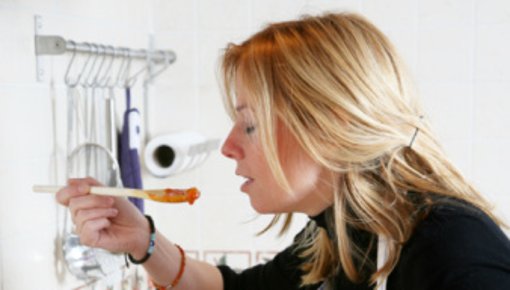Tips for reducing your salt intake

We need a certain amount of salt to live, but most of us eat much more than our bodies need. Getting too much salt can increase blood pressure, resulting in a higher likelihood of complications such as a stroke or heart attack. A low-salt diet can also lower blood pressure.
Most of the salt in our diet is found in processed foods. Examples of foods that contain a lot of salt include potato chips (crisps) and salty snacks, processed fish and meat products, and many different types of cheese. Bread, convenience foods, ready-made sauces and seasonings are often heavily salted too.
Fresh and unprocessed foods, on the other hand, are low in salt. They include things like fresh fish, fresh meat and many dairy products such as yogurt. Most fruits and vegetables are very low in salt – for example, there’s only 1 gram of salt in 13 kilograms (about 29 pounds) of tomatoes. Grain products like pasta or rice are also naturally low in salt. This is not true of processed grain products like bread or cornflakes.
